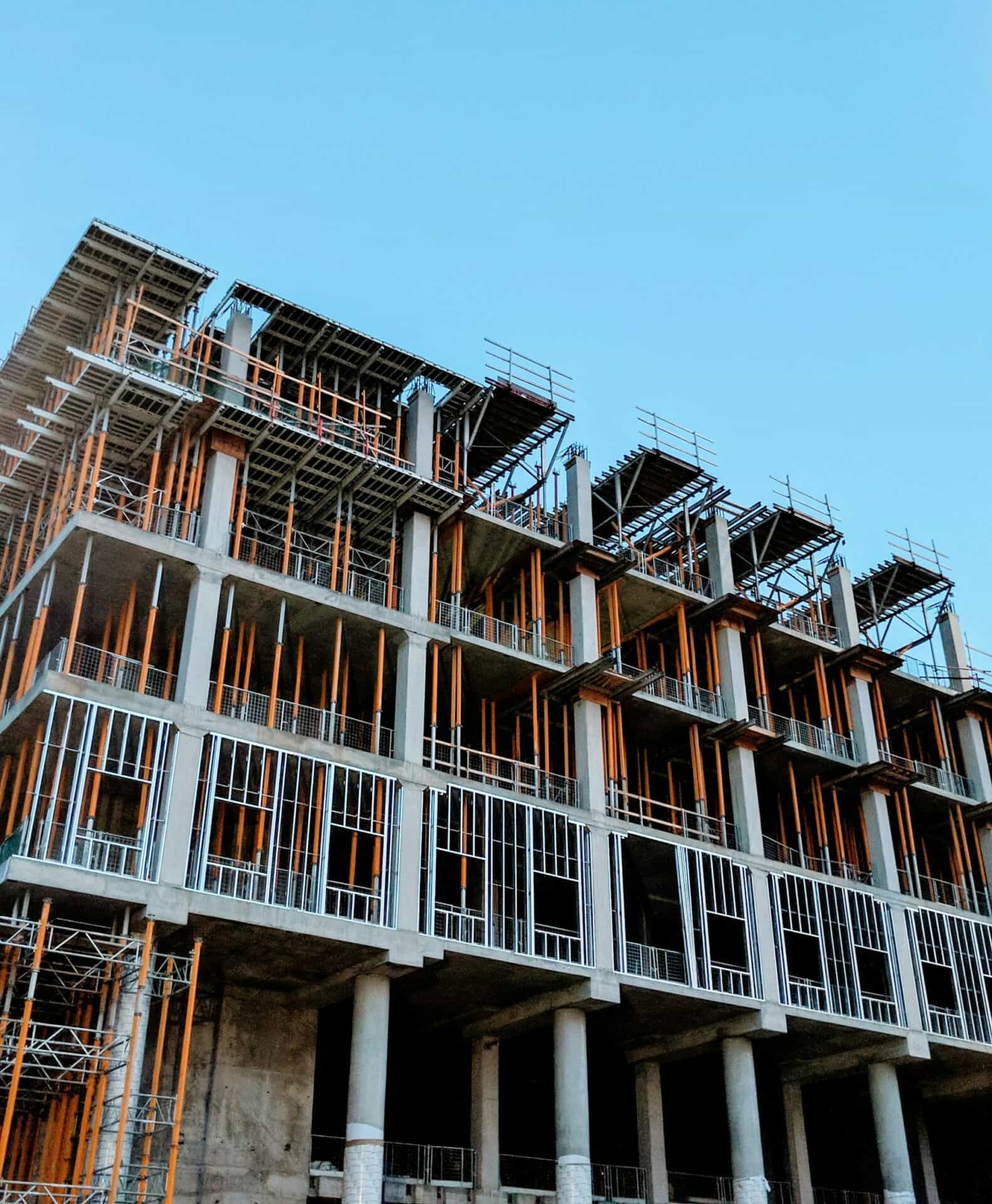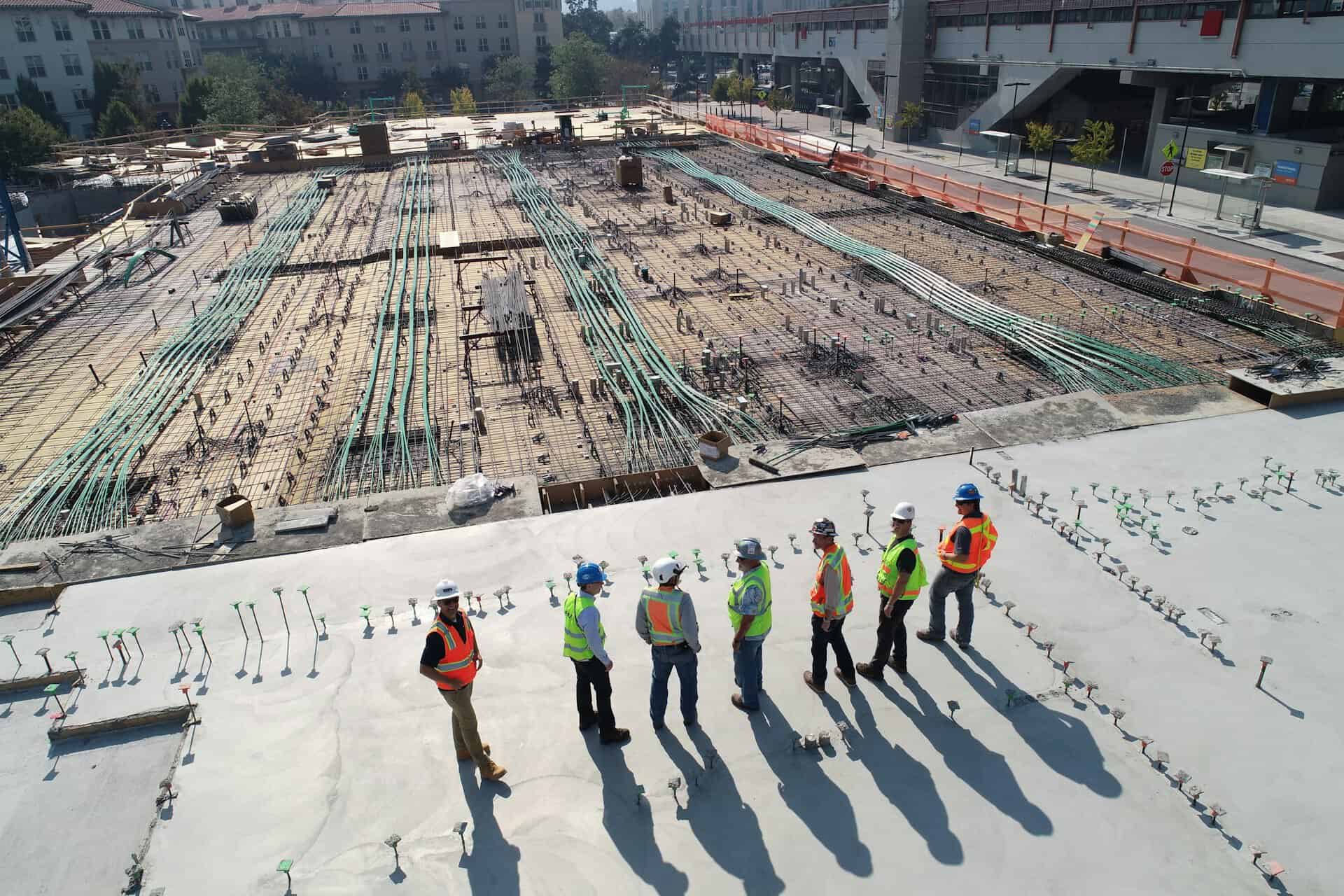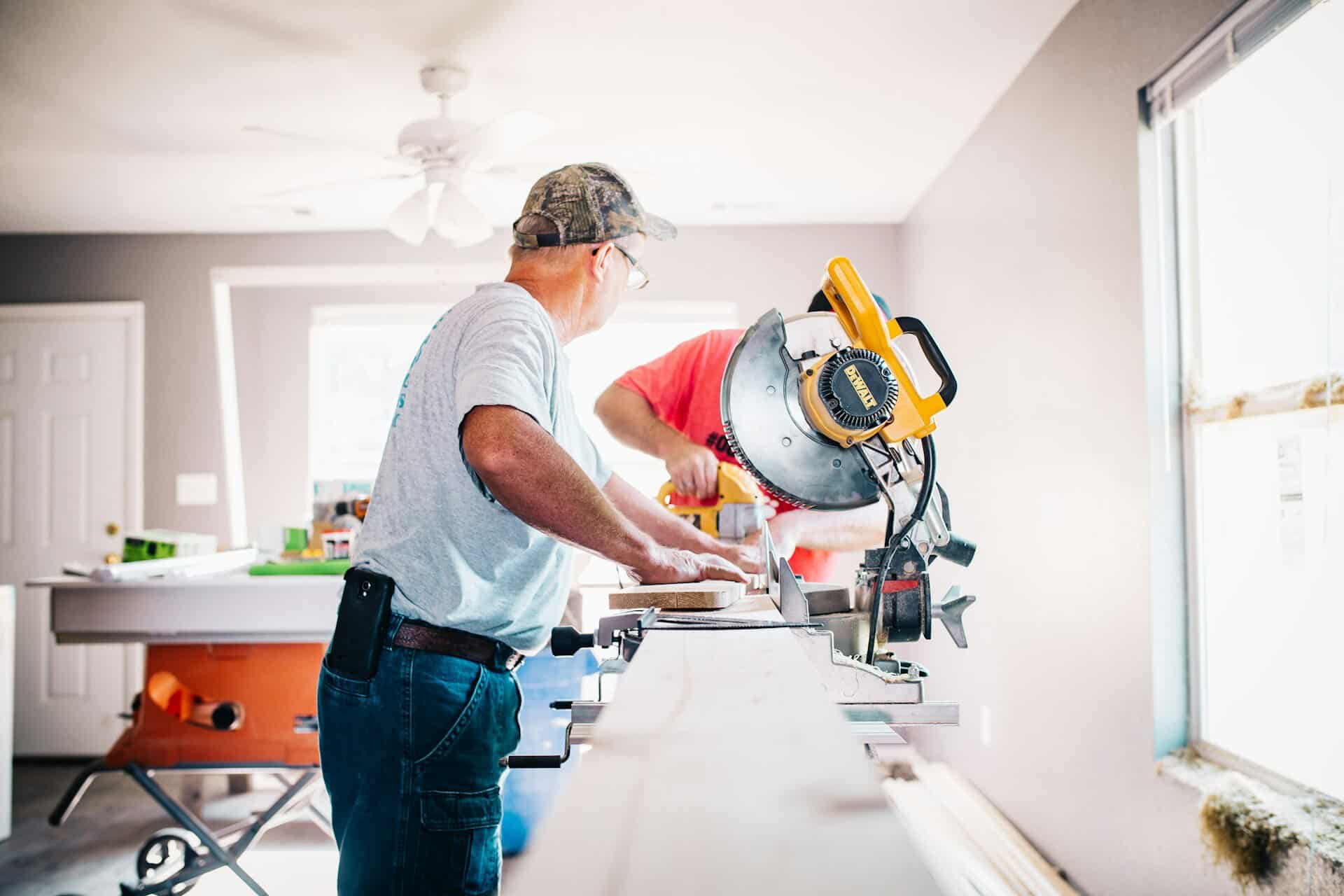The National Disability Insurance Scheme (NDIS) has created new opportunities for property investors looking to support disability housing while benefiting from this growing market in Australia.
The NDIS provides funding for Specialist Disability Accommodation (SDA) under its Specialist Disability Accommodation scheme. This has led to a strong demand for accessible, purpose-built dwellings catering to the needs of Australians with disabilities.
Unfortunately, the current supply still falls short, opening up a supply-demand gap that gives Australians an attractive investment proposition. So, to combat this, the government actively encourages private capital to help bridge this shortfall and fill the accessibility housing void.
And luckily, there are several incentives to sweeten the deal for SDA property investors willing to plunge into this emerging niche.
In this guide, we’ll work you through NDIS property investments, and show you how potential investors can evaluate the risks, returns and intricacies of entering this space.
Conducting Due Diligence on NDIS Property Investments
While NDIS housing promises attractive yields, it still needs to be evaluated with the same level of scrutiny as any other investment. That being said, we always recommend going through thorough due diligence before committing funds.
When assessing potential returns, aim for realistic projections based on actual development costs and fees. A lot of claims flood the airwaves that you can get rental yields of 10-25%. However, after accounting for expenses such as vacancy periods, landlord insurance, and maintenance, the net yields could average only 8-15%.
Study local market demand dynamics through research and expert advice on SDA housing in Australia. During this process, target areas that face an undersupply of approved NDIS dwellings. Obviously, there also has to be a high demand as well, and the location needs to have good infrastructure to support local residents.
We also recommend educating yourself on NDIS investment property rules and guidelines relating to:
- Housing types
- Accessibility requirements
- Modifications
- Policy changes and trends.
Note that all properties need to comply with a number of these factors, in order to be eligible for NDIS and SDA funding.
How to Purchase an NDIS Investment Property
Purchasing an NDIS or SDA investment property can still be a great way to achieve strong rental yields (after accounting for the expenses) while also providing much-needed housing for NDIS participants.
So how do you get started now that you’ve done your risk assessment and due diligence? Here are some tips on buying an NDIS property:
1. Research average market rents and growth
You should have already done this, but if not, carry out detailed research to understand NDIS property demand and supply dynamics in different locations. Focus on areas facing undersupply, as they will likely have the strongest occupancy rates, growth and yields. Also, research which disability types are most prevalent to ensure the property meets local participant needs.
2. Use a specialist
Partner with a reputable NDIS-approved property firm or specialised real estate agent to help source appropriate listings and provide expertise throughout the process. They can advise on regulations, building requirements, financing, and more.
3. Buy off the plan
Purchasing an NDIS housing investment or land package specifically designed for SDA properties can be an effective approach, allowing input into accessibility features. However, be aware that delays are common with new builds, especially as there have recently been delays in acquiring building materials in Australia.
We also recommend speaking to our pre-purchase property valuations team if you’re looking into a new build, as we can help weigh up the pros and cons for you.
4. Finance appropriately
Specialised NDIS property loans are available to fund both purchases and construction costs. But you’ll need to prepare for higher deposits, sometimes even reaching around 30-35%. Factor in stamp duty valuations and concessions for disability accommodation across different states.
5. Choose a location wisely
Ensure the location allows access to local amenities and services so residents can actively participate in community life. It’s also important to be extra wary of regional towns potentially facing oversupply issues.
6. Manage for success
Use an accredited NDIS property manager to source approved NDIS tenants, handle paperwork and compliance, and look after maintenance. Unless you secure quality tenants, rental income won’t flow.
With careful planning and preparation, NDIS property investments can provide strong yields and social impacts, but at the end of the day, appropriate due diligence is vital to reduce risks.
Key Takeaways
- NDIS properties can provide strong rental yields of 8-15% (net) along with social benefits, but carry risks requiring thorough due diligence
- Research demand dynamics and target undersupplied areas to maximise occupancy rates
- Use specialists for advice on regulations, financing, finding listings etc.
- Buying off the plan allows input into accessibility features but has construction risks
- Finance appropriately but expect higher deposits of around 30-35%
- Ensure locations have infrastructure enabling resident participation
- Manage properties via accredited NDIS managers to secure quality tenants
- Conduct realistic projections based on actual costs and fees, not overhyped claims
- Comply with all policy rules around housing types, modifications and accessibility
- Get independent financial advice before committing funds.
Looking for more advice on NDIS property investments and property valuations? Get in touch with the Duo Tax team now.

Ready to get started?
Talk to one of our friendly property experts to get a free quote or more Information.










